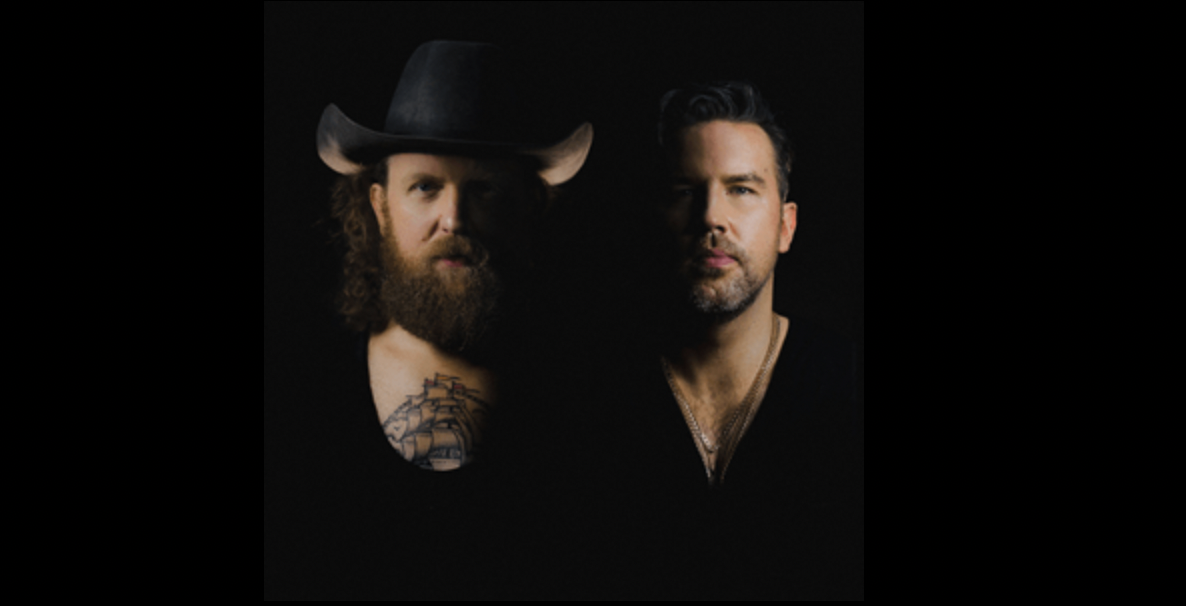Country music, often steeped in the traditions of the American South, has historically been viewed through a conservative lens, frequently excluding voices from women, non-white communities, and the LGBTQ+ population. But now more openly gay artists are carving out space within the genre, creating a new wave that blends the classic themes of love, loss, and life's struggles with fresh perspectives and identities.
At the forefront of this change is Chely Wright, a true trailblazer who rose to prominence in the 1990s with hits like Single White Female. Wright’s announcement in 2010 as the first openly gay female country singer was a groundbreaking moment, shared through her memoir Like Me. Beyond her music, she has actively contributed to LGBTQ+ causes and diversity initiatives, exemplified by her role as Chief Diversity Officer at Unispace, a global workspace strategy firm. Wright’s visibility and activism have been crucial to widening acceptance within a traditionally conservative genre.
Similarly, Ty Herndon stands out as the first mainstream male country artist to come out publicly in 2014. Best known for his 1990s chart successes like What Mattered Most, Herndon shared his truth in an interview with People magazine, acknowledging the importance of representation for others struggling with identity in country music’s often-unchallenging environment. Like Herndon, Billy Gilman, a former child star whose career spans from an early Billboard hit at age 11 to a renewed presence on The Voice, also made his coming out public in 2014. Both artists have since maintained their careers with pride and continued advocacy.
Beyond these pioneers, a broader spectrum of gay country artists contributes to reshaping the genre. Brandi Carlile, whose work crosses into multiple musical styles, has earned numerous Grammys and Emmys, while also founding the Looking Out Foundation to support various social causes. Orville Peck, known for his iconic mask, blends mystery with bold openness about his identity, earning recognition as a queer hero. Other notable figures include Trixie Mattel, a drag queen who has brought a flamboyant edge to country music and business; Shane McAnally, a Grammy-winning songwriter who came out after years in Nashville’s inner circles; and Brandy Clark, whose songwriting prowess has won her multiple Grammy nominations and strong alliances across country music’s prominent female voices.
In a more recent cultural shift, Lil Nas X, with his viral 2018 hit Old Town Road, challenged norms in both country and hip-hop, confronting the genre’s homophobia and racism head-on with his 2019 coming out announcement. His candidness and outspoken identity marked a powerful moment for queer visibility in country music’s youth scene.
More recently, TJ Osborne [pictured, right with bandmate John Osborne from Brothers Osborne] made history as the first openly gay artist signed to a major country label when he revealed his sexuality in 2021. His act signals a critical turning point in the industry's mainstream acceptance of LGBTQ+ artists. Alongside him, artists like Cody Alan, who transitioned from a Mormon upbringing to openly embracing his sexuality on national platforms, and the late Patrick Haggerty, a pioneer from the 1970s who fearlessly championed gay themes in his band Lavender Country, have further expanded the genre’s inclusivity.
The infusion of LGBTQ+ artists in country music enriches its storytelling. These musicians bring diverse narratives that reflect the realities of their lives, making the genre more authentic and accessible to a broader audience. Their presence challenges old stereotypes about country music, reintroducing it as a modern tapestry that welcomes new voices while honouring traditional themes of heartache, work, and resilience.
As the genre moves forward, this inclusivity promises not only fresh artistic collaborations and stories but also a cultural renaissance that might redefine country music for the 21st century. The growing number of gay country singers, spanning well-known veterans to rising stars such as the TikTok favourite Dixon Dallas Gay (Jake Hill), shows that country music is increasingly a space where all identities can find a voice and audience.
Source: Noah Wire Services
